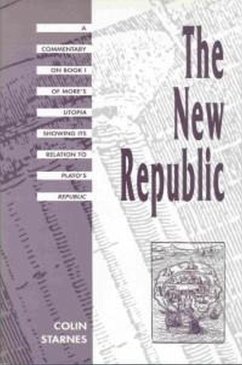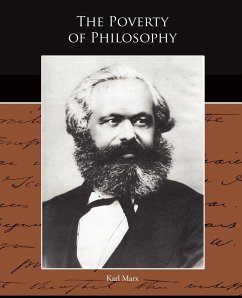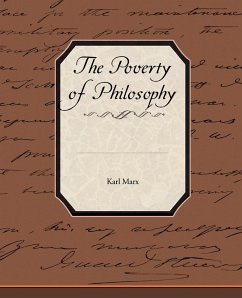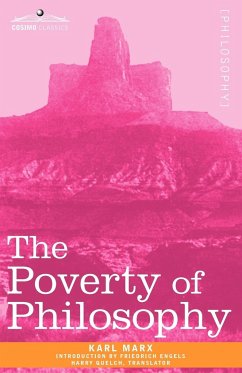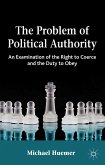Colin Starnes radical interpretation of the long-recognized affinity of Thomas More's Utopia and Plato's Republic confirms the intrinsic links between the two works. Through commentary on More's own introduction to Book I, the author shows the Republic is everywhere present as the model of the "best commonwealth," which More must first discredit as the root cause of the dreadful evils in the collapsing political situation of sixteenth-century Europe. Starnes demonstrates how More, once having shorn the Republic of what was applicable to a society that had for a thousand years accepted and been moved by the Christian revelation, then "Christianized" it to arrive at one of the earliest and most coherent accounts of the ideal modern state: the description of Utopia in Book II. Knowing this radically new view of a long-recognized position may be questioned, the author has included a criticism and appreciation of the other major lines of interpretation concerning More's Utopia.
Hinweis: Dieser Artikel kann nur an eine deutsche Lieferadresse ausgeliefert werden.
Hinweis: Dieser Artikel kann nur an eine deutsche Lieferadresse ausgeliefert werden.

